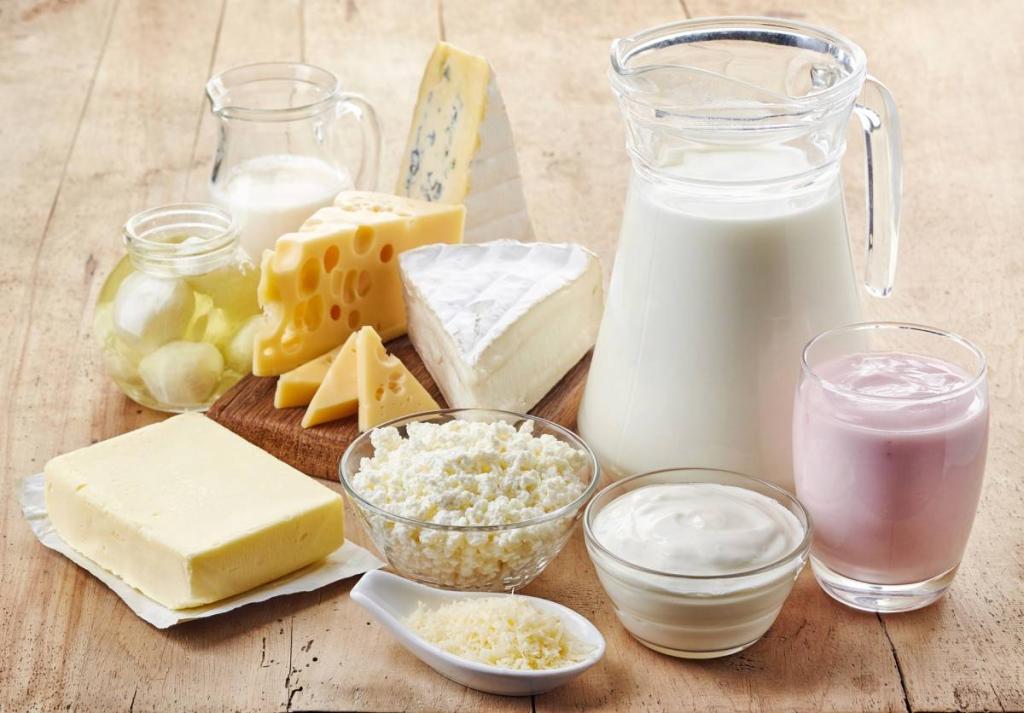Food Preservative Phospholipid Supplier
Time:2024-07-23
The application of phospholipids in food preservation technology has made significant progress. As a natural antioxidant, phospholipids play an important role in food preservation. They can react with oxygen and free radicals in food, slowing down the oxidation process of fats and other easily oxidized components, thereby extending the shelf life of food. Components such as phosphatidylcholine and phosphatidylinositol in phospholipids help maintain the color, taste, and texture of food, delaying oxidation and staleness. For example, adding phospholipids to fatty foods can effectively prevent the oxidation and rancidity of oils, enhancing the stability and shelf life of food.
Phospholipids have excellent emulsifying properties, enabling the mixing of oil and water to form stable emulsions. In food preservation, their emulsifying action helps maintain the stability of multiphase dispersions, preventing oil-water separation and thus preserving the texture and taste of food. For instance, adding phospholipids to dairy products can improve the texture and taste of yogurt, making it smoother and creamier; in reconstituted milk, they can prevent oil-water separation, enhancing product stability.
Phospholipids also possess thickening properties, increasing the viscosity of food and improving its texture and taste. Adding them to sauces, seasonings, and soups can make food finer and easier to digest. Their thickening effect also helps maintain the shape and structural stability of food, preventing deformation or collapse during preservation.
In addition to these roles, phospholipids are also used in other food preservation technologies. For example, they can be used as release agents in baking cakes, bread, and other pastries, where adding a small amount can prevent sticking to molds and facilitate demolding. Adding phospholipids to edible oils can enhance the stability and antioxidant properties of the oils, extending their shelf life.
As food preservation technology continues to develop, the application of phospholipids is also expanding and innovating. On one hand, researchers are exploring the synergistic effects of phospholipids with other natural preservatives or antioxidants to improve food preservation outcomes. On the other hand, through modification or compounding, new phospholipid-based preservation materials with better performance are being developed, which is a current research hotspot.
It is reported that soybean phospholipids (a major source of phospholipids) have wide applications in food, pharmaceuticals, and cosmetics, with increasing market demand year by year. Particularly in the food industry, they play important roles as emulsifiers, stabilizers, and antioxidants.
The rapid progress in the application of phospholipids in food preservation technology demonstrates their excellent performance in antioxidation, emulsification and stabilization, and thickening, providing strong support for food preservation.


 CN
CN





